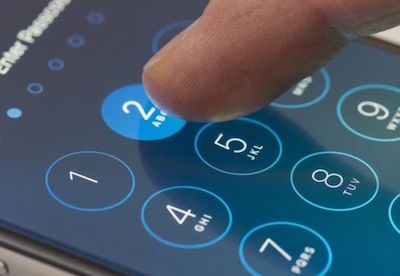New bipartisan bill would prevent states from weakening encryption

A new bipartisan bill introduced by two congressmen aims to prevent local legislatures from enacting laws weakening security or banning sales of encrypted smartphones in their states.

(Image credit: file photo)
On Wednesday, Rep. Ted Lieu (D-CA, 33rd) introduced the draft bill -- dubbed the Ensuring National Constitutional Rights of Your Private Telecommunications (ENCRYPT) Act, supported by Republican co-lead Rep. Blake Farenthold (R-TX, 27th).
The bill, just a few lines in length, proactively takes aim at encryption-busting legislation introduced in both New York and California state legislatures, which would mandate that smartphones sold in the states must be capable of being decrypted by law enforcement.
That would mean millions of iPhones, which land with encryption-by-default, along with newer Android devices, would be effectively outlawed in the two states.
While there's no indication that the bills will become law, Lieu, a well-known privacy advocate, hopes his bill will counter that state-level offensive.
Lieu's bill would prevent states from introducing laws that would force phone makers to "design or alter the security functions in its product or service to allow the surveillance of any user of such product or service, or to allow the physical search of such product" by a state or federal agency.
In other words, the bill wants to ensure encryption stays as strong as it can be.
"Encryption is a key component of maintaining individual privacy," said Lieu in an email to ZDNet. "If governments mandate that technology companies create a backdoor to access encrypted information, it inherently blows a hole of vulnerability in that technology that can be exploited by thieves, spies and hackers who can also try to access the information for their own nefarious purposes."
"As Congress continues to explore this issue at the federal level, the ENCRYPT Act is necessary to prevent states from creating a patchwork of different encryption standards that would harm US security and innovation," said Lieu.
The bill will likely be referred to the House Judiciary Committee, where Farenthold and Rep. Mike Bishop (R-MI, 8th), who also supports the bill, are members.